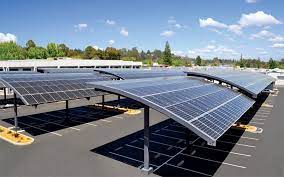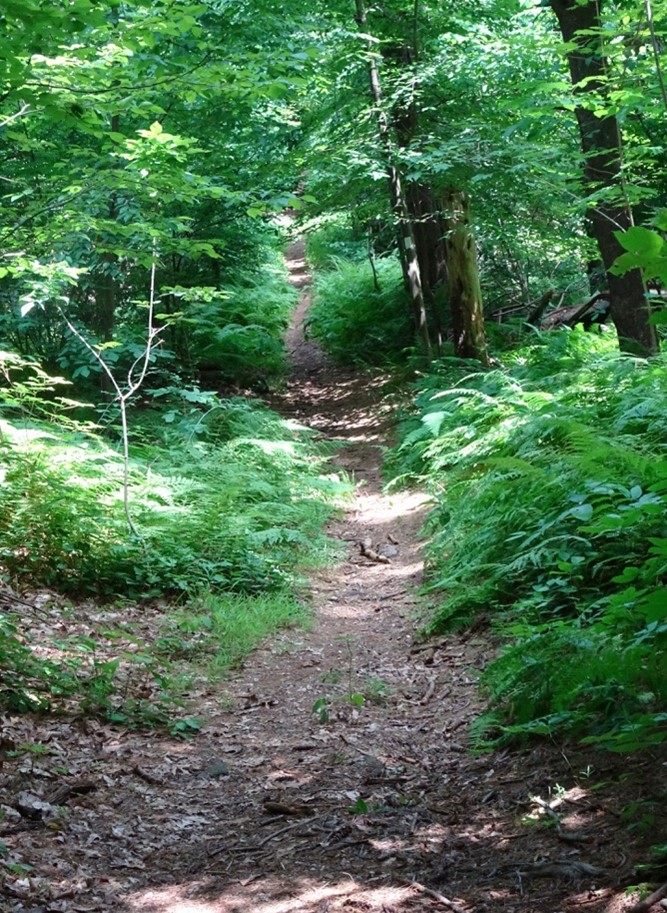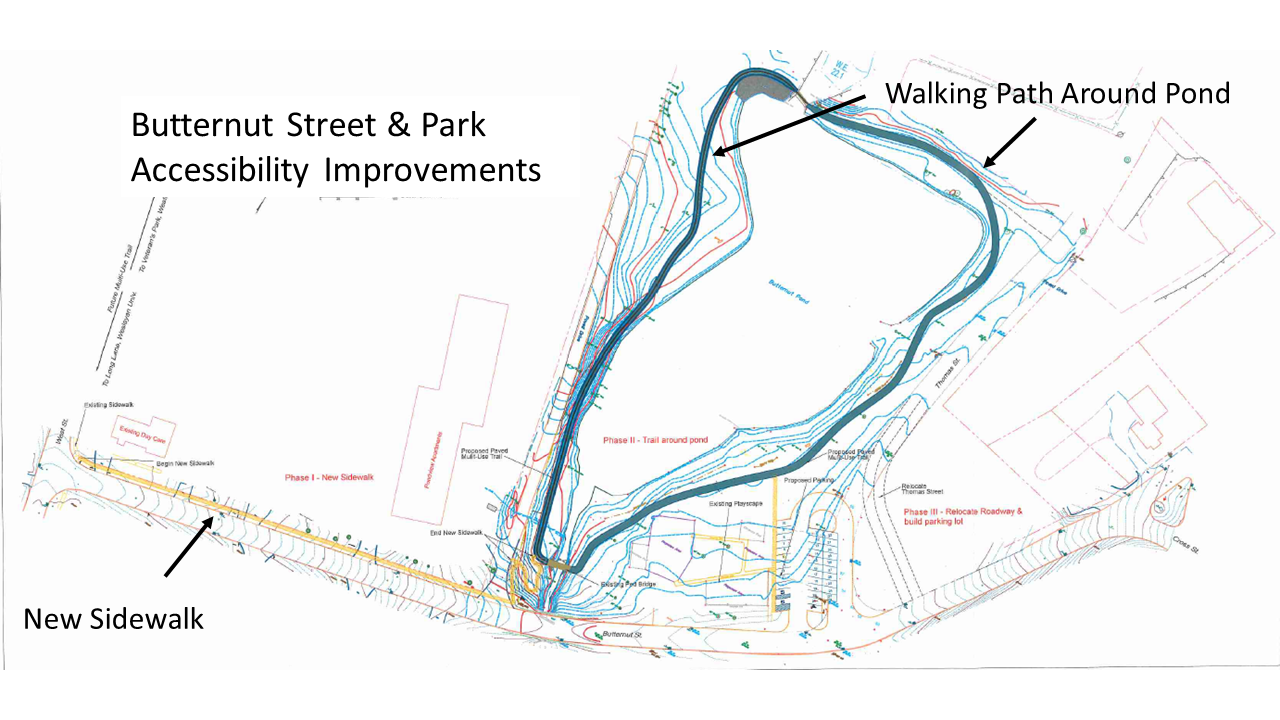 A key goal of Connecticut’s climate change mitigation plan is to “decarbonize the electricity sector” by 2040. This will require, among other measures, rapid expansion of solar power, which now accounts for 2.5% of the electricity produced in our state. The challenge is daunting. So far, we are not on track to meet it.
A key goal of Connecticut’s climate change mitigation plan is to “decarbonize the electricity sector” by 2040. This will require, among other measures, rapid expansion of solar power, which now accounts for 2.5% of the electricity produced in our state. The challenge is daunting. So far, we are not on track to meet it.
But a key opportunity lies in the vast square footage of commercial rooftops and parking lots. So let’s do it, right?
Unfortunately, state regulations currently place a 50 MW cap on new commercial solar projects and the Shared Clean Energy Facilities (SCEF) program is capped at 25 MW. SCEF allows low- and moderate-income ratepayers to own part of a solar system and enjoy the economic benefits. These two caps, together, permit only 78,000 megawatt hours of solar electricity to be added each year. That is less than .2% (two-tenths of one percent) of the electricity generated in Connecticut — hardly a path to decarbonize the grid.
Read the entire article in the CT Mirror
To help change solar regulations, send us a message through the “Contact” button in the menu bar above.















